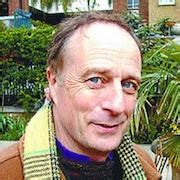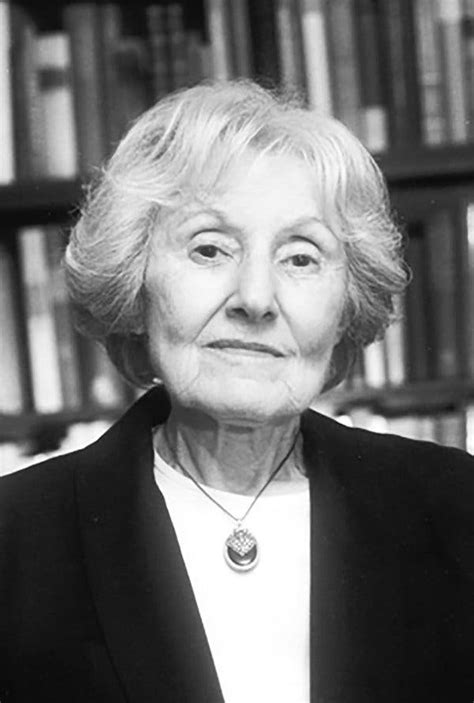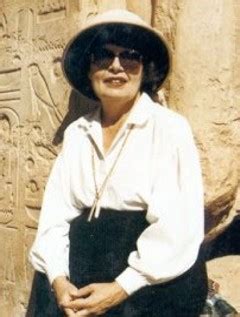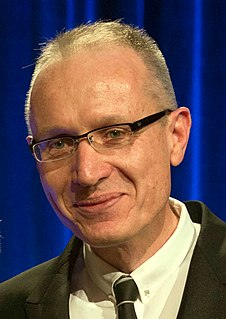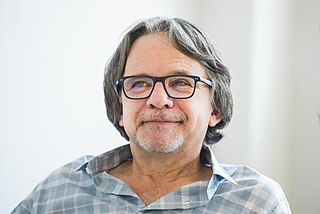A Quote by Alexander Chee
I quickly learned that as a fiction writer, you need the sort of details a historian or a biographer would find extraneous or useful to provide context via a footnote.
Related Quotes
I remember reading an interview with a writer who said that in nonfiction if you have one lie it sort of messes it up. But in fiction the real details give you so much more credibility, because people do so much research just to write fiction. In fiction you're trying to recreate something lifelike.
The only excuse for a novelist, aside from the entertainment and vicarious living his books give the people who read them, is as a sort of second-class historian of the age he lives in. The "reality" he missed by writing about imaginary people, he gains by being able to build a reality more nearly out of his own factual experience than a plain historian or biographer can.
In a sense, journalism can be both helpful and detrimental to a writer of fiction because the kind of writing you need to do as a journalist is so different. It has to be clear, unambiguous, concise, and as a writer often you are trying to do things that are more ambiguous. I find that writing fiction is often an antidote to reading and writing too much journalism.
I have always been intensely uncomfortable with the idea of a science fiction writer as prophet. Not that there haven't been science fiction writers who think of themselves as having some sort of prophetic role, but when I think of that, I always think of H.G. Wells - he would think of what was going to happen, and he would imagine how it would happen, and then he would create a fiction to illustrate the idea that he'd had. And no part of my process has ever resembled that at all.
Scientists need the infrastructure for scientific search to aid their research, and they need it to offer relevancy and ways to separate the wheat from the chaff - the useful from the noise - via AI-enabled algorithms. With AI, such an infrastructure would be able to identify the exact study a scientist needs from the tens of thousands on a topic.
Memory is like fiction; or else it's fiction that's like memory. This really came home to me once I started writing fiction, that memory seemd a kind of fiction, or vice versa. Either way, no matter how hard you try to put everything neatly into shape, the context wanders this way and that, until finally the context isn't even there anymore... Warm with life, hopeless unstable.
If you want to be a fiction writer, you need to start reading like a fiction writer. To do so, you need to learn about craft so that the next time you pick up a contemporary short story, you're reading it not as an abstraction floating in formaldehyde, existing simply for the theorist's dull scalpel to saw on, but as a concrete thing constructed out of words and shaped by syntax, brought to life by a writer who made several thousand choices, some large, some small, before letting that imperfect beauty, the story, walk on its own two feet.



